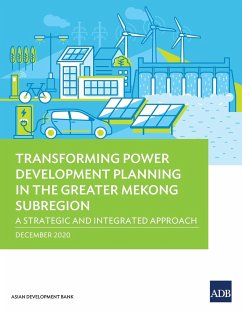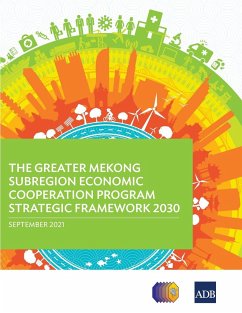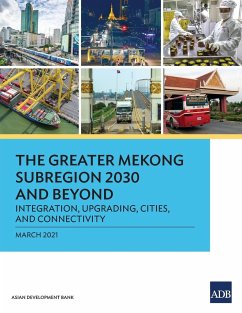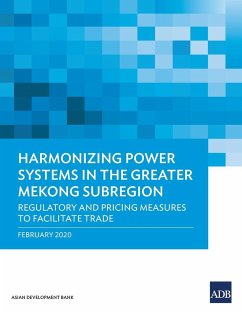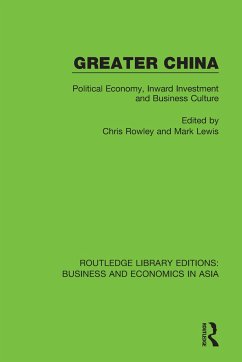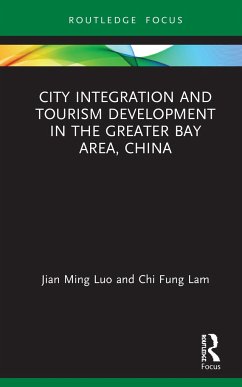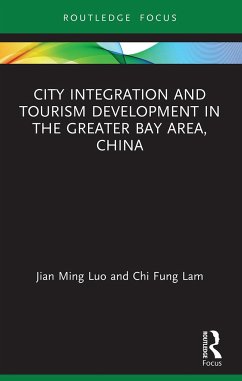
Assessing China's Impact on Poverty in the Greater Mekong Subregion
Versandkostenfrei!
Versandfertig in 1-2 Wochen
58,99 €
inkl. MwSt.

PAYBACK Punkte
29 °P sammeln!
Since the dawn of the industrial revolution, and the ushering in of an era of global economic relations, the United States and Europe have been the core poles of economic power. However, China along with India are increasingly challenging the traditional economic hegemony. An issue of great importance is how this shift in the global economic balance of power will affect developing economies and the transition economies of the Greater Mekong Subregion (GMS), which are located in China's backyard and deeply integrated into its economy through regional supply chains. This volume examines the rela...
Since the dawn of the industrial revolution, and the ushering in of an era of global economic relations, the United States and Europe have been the core poles of economic power. However, China along with India are increasingly challenging the traditional economic hegemony. An issue of great importance is how this shift in the global economic balance of power will affect developing economies and the transition economies of the Greater Mekong Subregion (GMS), which are located in China's backyard and deeply integrated into its economy through regional supply chains. This volume examines the relationship between transition economies and the rise of China through presenting empirical case studies from the GMS. In doing so, it offers insights into the effect of China on developing countries in general, and offers practical policy directions for the place-specific economies of the GMS.





